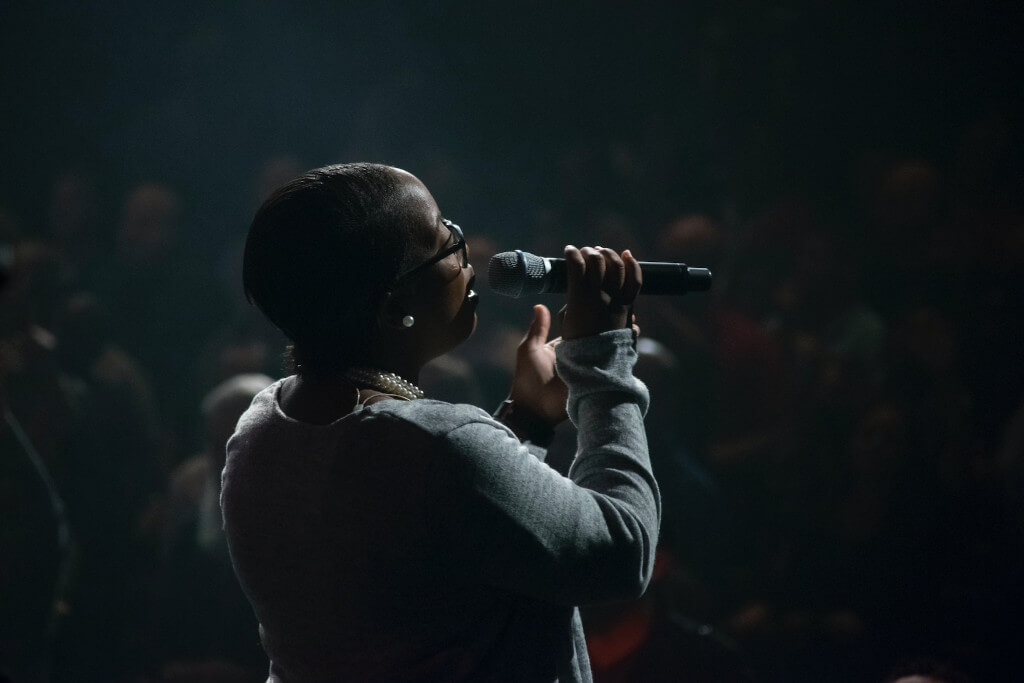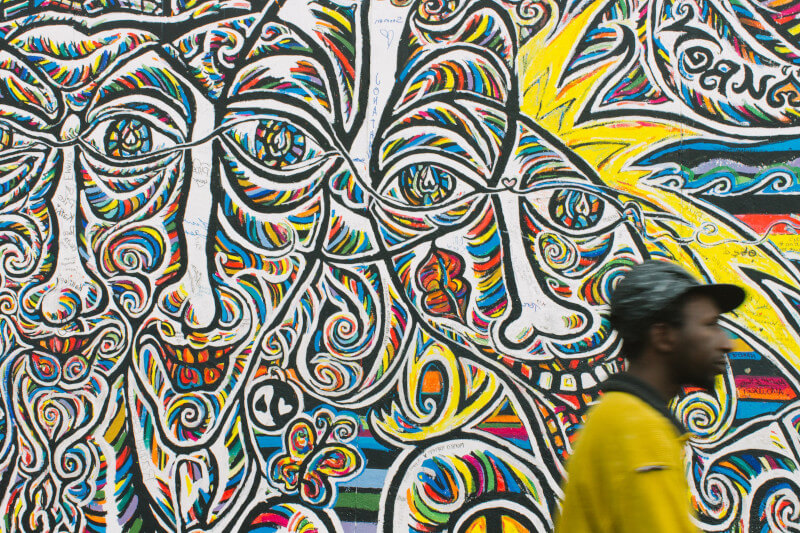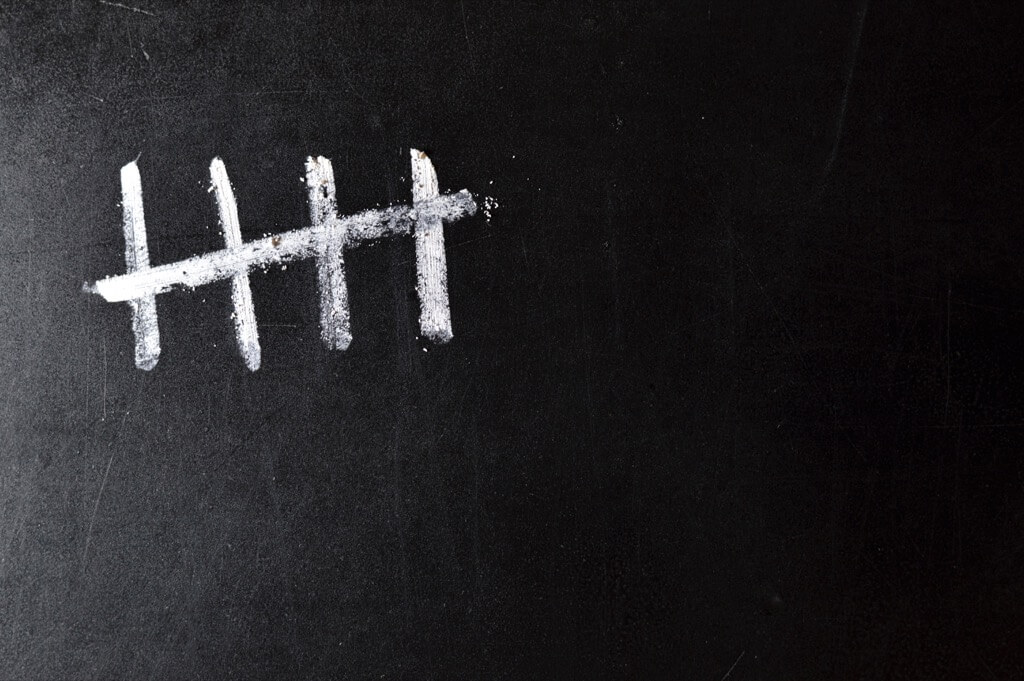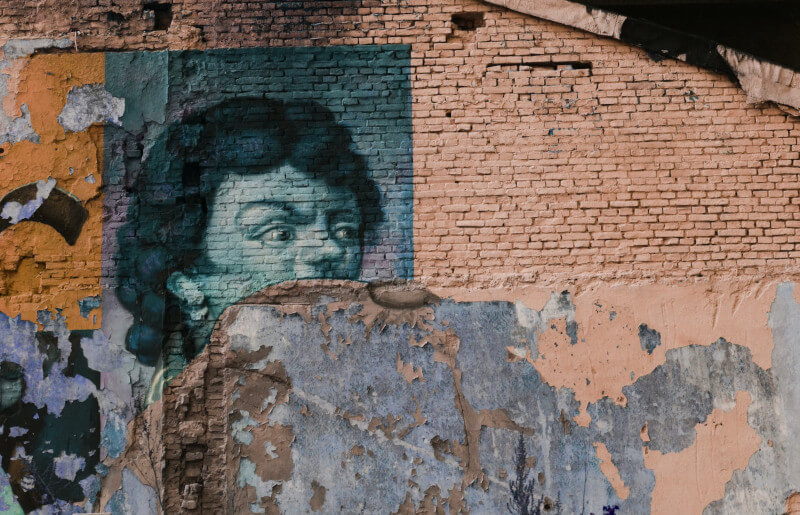If Miriam Makeba is celebrated as the South African vocalist of her time who wonderfully adopted (and truly shaped) global music sounds, and if Sathima Bea Benjamin is celebrated as an innovator who captivated the contemporary jazz scene in Europe and the US. Mdunyelwa, also known as “Mama Kaap” in her hometown of Cape Town, South Africa, passed suddenly on August 25 at the age of 74.
As a musicologist who studies past and present South African jazz and contemporary music, I feel Mdunyelwa deserves praise for her advocacy for the genre and her work as a local music teacher and instructor.
Her work was characterised by a staunch dedication to preserving the legacy of famous jazz vocalists like Ella Fitzgerald and Sarah Vaughan, as well as the isiXhosa people’s musical heritage.
Who was Sylvia Mdunyelwa?
Mdunyelwa was raised in these customs after being born in the Cape Town township of Langa during the 1950s and 1960s when black political participation was being stifled by white minority rule and apartheid.
Her sister was a jazz vocalist, and her uncle was the leader of the close-harmony vocal group The Semitones. Musicians, such as bassist Victor Ntoni, began gathering at her house. Fitzgerald, Vaughan, and another US jazz soprano, Carmen McRae, were frequent visitors on the record player, and religious music rang loud and clear at family reunions. As she sang along, young Nce developed into a singer before she had the words to describe her goal.
Her first job, in the late 1960s, was as an administrative assistant at Cape Town’s Space Theatre. Independent and regularly politically provocative theatre, poetry, and music were all given a platform at The Space. There, she honed her vocal skills and established herself as a serious actor.
Mdunyelwa met the pianist Merton Barrow (hailed by many Cape Town jazz performers as unstintingly generous with assistance and guidance) and the drummer Maurice Gawronsky through Sunday afternoon jazz rehearsals at the theatre. In her early twenties, she was the house singer for the Victor Ntoni Sextet and a frequent guest of other Cape Town jazz greats including the Ngcukana Brothers, Winston “Mankunku” Ngozi, and many more.
However, she was also intrigued by the plays performed at The Space. As a result of this opportunity, she was cast in several films and TV shows, including the American film Freedom Road and the South African film Born to Win.
She became involved in community arts education out of a desire to impart her extensive expertise to future generations. And that led to a trip to Canada in 1990 while leading a youth group, and from there to a scholarship at UCLA. Thereafter, she embarked on a string of tours, performing everywhere from the Berlin Jazz Festival to Colombia (where she was honoured for her contributions to the local community in Cape Town) and beyond.
Her Albums
Mdunyelwa has released two albums on the worldwide jazz label Blue Note: the live 1998 album African Diva, recorded at the National Arts Festival in Makhanda (formerly Grahamstown), and the studio recording 2000 album Ingoma.
Even while African Diva is still accessible via Spotify, she said a few years ago that she was asked if she received payments from the company South African Jazz Writer Warren Ludski. Spotify provided me with zero new music. I was completely unaware of Spotify.
It appears that no stores carry Ingoma. It’s long past time for a reissue, preferably on a label that will ensure Mdunyelwa’s estate and legacy foundations receive financial compensation. Later in life, the singer still gave concerts in and around Cape Town. She was a jazz announcer for Cape Town’s P4 community radio and a board member for Fine Music Radio, which specialises in classical and jazz.
Her interests, however, began to shift towards civic engagement and public outreach. She participated on the Langa neighborhood’s street committee and wrote the stirring hymn “Where are the Children Now?” to raise awareness about the plight of Cape Town’s youth, who are vulnerable victims of poverty, instability in their homes, and crime.
The Mdunyelwa Legacy
Mdunyelwa was a jazz music legend in South Africa. Her renditions of American standards (check out her rendition of ‘Easy Street’ in Berlin, for example) put melody first, with words conveyed with utter clarity and emotive force, with a swing emphasis. A strong appreciation for Xhosa heritage, the isiXhosa language, and the musicality of the Xhosa people was always present, though.
She rewrote the words to the American jazz standard “Stormy Weather” in the isiXhosa language, and it quickly became a fan favourite. Her performance of the South African jazz standard Lakutshon’iLanga is widely regarded as the best of all time. The talents of young musicians she encouraged and helped develop are a real part of her legacy. Mdunyelwa was realistic about what sort of encouragement South African musicians would receive. She spoke to Ludski, ” Don’t bother with the government. They’ll make a promise, but you won’t live to see it fulfilled. They will visit your grave when you have reached the status of a legend, diva, or icon. That is not something I seek.”
Even if it’s too late, I still hope she receives several official tributes and the resources she needs to continue her work as a champion for an activist educator on behalf of South Africa’s jazz heritage.




